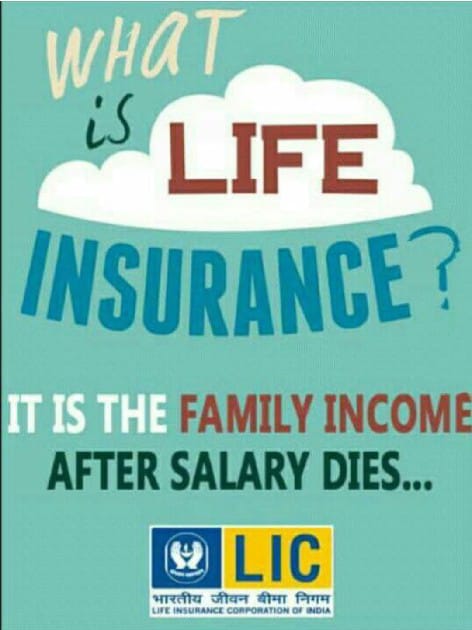Life Insurance


Life insurance is a financial product that provides financial protection to individuals and their loved ones in the event of their death. It offers a lump sum payment, known as the death benefit, to the beneficiaries listed in the policy upon the insured person’s death. Life insurance policies come in various types, including term life insurance and permanent life insurance.
Term life insurance provides coverage for a specific term, such as 10, 20, or30 years, while permanent life insurance provides coverage for the entire lifetime of the insured. Term life insurance is typically more affordable and straightforward, offering a fixed death benefit for a specified period. It is suitable for individuals who want coverage for a specific financial obligation, such as mortgage or educational expenses, or for a certain period when their loved ones may be financially dependent on them. Permanent life insurance, on the other hand, offers lifelong coverage and includes a savings or investment component called cash value. This cash value grows over time, and policyholders can access it through policy loans or withdrawals while they are alive. It can also be used to pay premiums. Permanent life insurance is often chosen by individuals who want lifelong protection and potential savings or investment options.
Life insurance is typically purchased to provide financial security and peace of mind to beneficiaries. The death benefit received by the beneficiaries can be used to cover funeral expenses, pay off outstanding debts, replace lost income, maintain a certain standard of living, or fund future expenses such as education or retirement. insurance, individuals must apply through an application process that includes disclosing personal medical information, and may require a medical examination or underwriting review. The premium, or the amount paid for the policy, is determined based on several factors, including the insured person’s age, health condition, lifestyle, and the chosen coverage amount.
Life insurance is an important financial tool for individuals who have dependents or financial obligations. It provides a sense of security, knowing that their loved ones will be financially protected in the unfortunate event of their death. It can serve as an essential component of a comprehensive financial plan, helping to ensure the financial well-being of those left behind.
